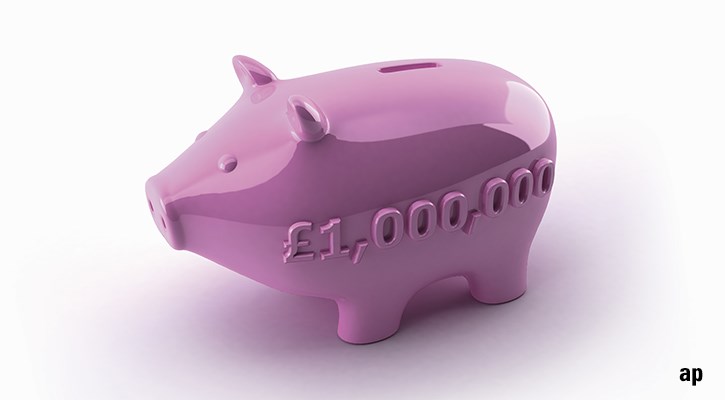Holly Black: Welcome to Morningstar. I'm Holly Black. With me is Laura Suter. She is a Personal Finance Analyst at AJ Bell. Hello.
Laura Suter: Hello.
Black: So, we're coming up to the end of the tax year and a lot of people are looking at their ISAs and maybe thinking of having a spring clean. So, what are some of the things we should be looking at, at the moment?
Suter: Yeah. So, lots of people will have looked at their ISA over the year, they will have bought and sold some investments, they will have tweaked things as markets have gone up and down perhaps, so they've got more money in. But it's really good once a year to just kind of take a step back, look at your portfolio as a whole, look at what's happened to it over the past year, what's gone up, what's gone down, what things you might want to sell, and to really look at it as an overall portfolio rather than tinkering with individual investments.
Black: So, obviously, the last year in particular has been a bit of a crazy one. If I look in my portfolio and see some things have underperformed, is now the time to sell?
Suter: It's difficult, isn't it? As an investor, you never want to admit that you've got it wrong and that you bought something that has fallen in value and isn't going to recover. But sometimes that is the case and it's a bit uncomfortable to have to admit that you got something wrong and sell it.
I think what investors need to do is look at their, kind of, losers in their portfolio and look at why they've gone down. Would they expect that in the current market environment, which like you say, has been pretty crazy, they would have expected that investment to fall and they know when it will rise and they still are confident in it, or has it not reacted to markets, how they would have expected, and actually that fund manager is underperforming, or that stock is unlikely to rebound. And in that instance, it's probably better to cut your losses, reinvest that money in something that has a higher chance of rising rather than clinging onto it, because you don't want to admit that you've made a mistake.
But if it's fallen to a small value, quite a few investment platforms have these offer periods throughout the year where you can sell really small investments under certain values without paying dealing charges. So, in those instances, it might be worth waiting for that. Otherwise, if you've seen your investment fall already and then you're going to pay a dealing charge on top to sell it, that's going to eat further into your money. So, just have a look and maybe ask your platform if they're planning on offering that soon.
Black: That's a great tip. So, what are some of the other things investors should be looking at?
Suter: So, you don't want to just focus on the Debbie Downers. You want to look at your investments that have done really well as well and also make sure you don't have too much money in them. So, over the past year, we've obviously seen kind of a game of two halves in some investments. And so, some of your stocks or funds might have shot up in value. And while you'll think that's great, you might want to look at maybe selling some of those gains, not selling the entire investment, but just selling some of the gains down and reinvesting it elsewhere, Otherwise, you're going to end up with a really large percentage chunk of your portfolio in one investment, or relying on one fund manager or one stock. And that doesn't mean that you don't have conviction that it won't keep rising. It just means that you want to take some of that risk off the table and make sure that your investments aren't all kind of concentrated. And that could be stock-specific, it could be fund manager, or it could be a sector in general. So, you could look at your portfolio now and realize that you've got a really large chunk in U.S. stock markets, for example, or in bonds, and you might want to kind of rejig that. But the other thing you also need to think about is why you're investing in the first place. So, another year is past. You might be saving for retirement and be a year closer to retirement and think that you might need to start rejiging your investments for that. Or you might be saving for a house and be closer to buying a house and want to de-risk. Likewise, you might be much further away from the thing that you're saving for, and you might want to take a little bit more risk. So, it's also worth thinking about what you're putting money aside for and how much risk you can take with that.
Black: Fantastic. Laura, thank you so much for your time. For Morningstar, I'm Holly Black.





























